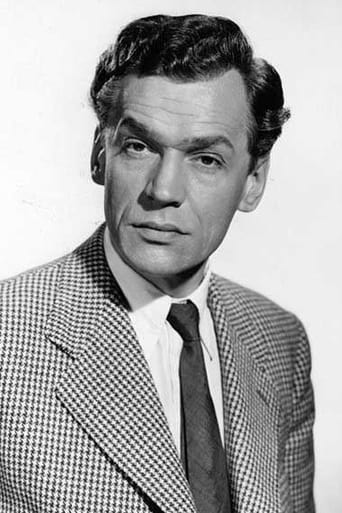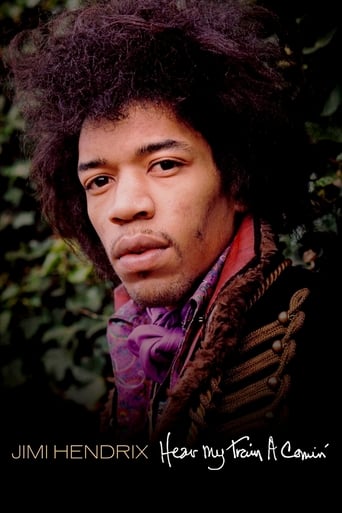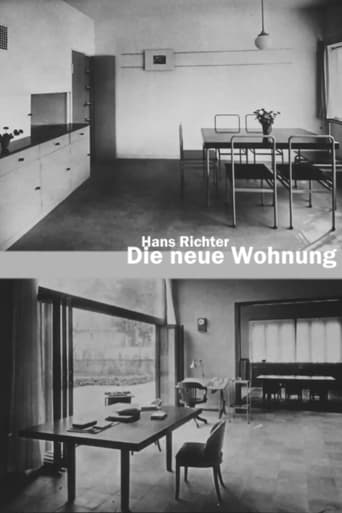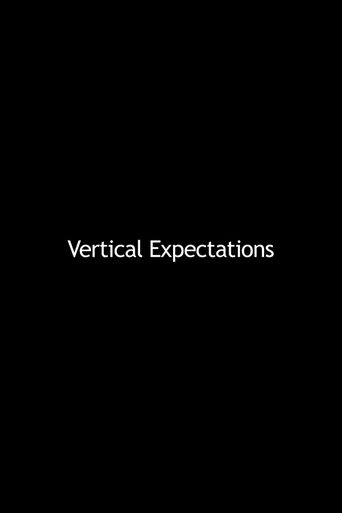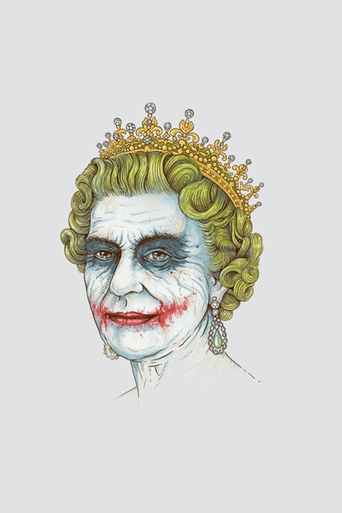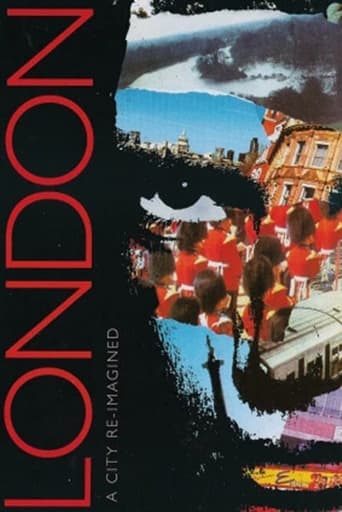
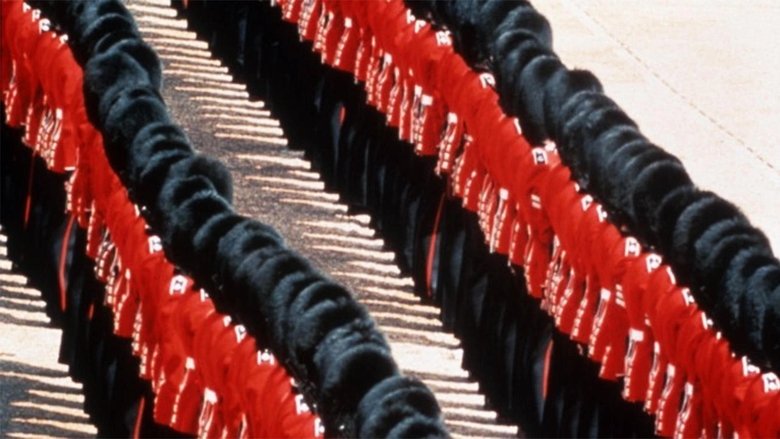
London (1994)
A psycho-geographic journey through London and its history, as undertaken by an unseen narrator and his companion, Robinson, at the time of the 1992 general election.
Watch Trailer
Cast


Similar titles
Reviews
Slow pace in the most part of the movie.
Powerful
The thing I enjoyed most about the film is the fact that it doesn't shy away from being a super-sized-cliche;
It's the kind of movie you'll want to see a second time with someone who hasn't seen it yet, to remember what it was like to watch it for the first time.
I'm sorry, I know I am in the minority, but I really didn't get this doc-montage-essay, for all its wit and cleverness, and lush photography, and even lusher soundtrack, I felt I was being soundly manipulated by the filmmaker into seeing London as a political and spiritual wasteland. Yes, this film is, I suppose, artistically good, I felt some of the narration was poignant, and resonant of an underlying angst that many people experience in London, which can be isolating. Still, the haughty, droning voice of the narrator, really put me off. The simplistic dichotomy of labour versus conservatives, one good, the other doom laden, an insult to my intelligence, and the lack of voice within the film, apart from the writer's insistent polemic, was by far the most meaningful element. The film approves itself, and obliterates all dissent.
Filmed during the election year of 1992, this poignant film presents a very personal, politicised portrait of London as John Major replaces Margaret Thatcher and all seemingly tilts further down into depressing times. If the Conservative government are paralysed with fear and doubt, the IRA certainly are not and add to London's woes on a more frequent basis than I remember. Watching this downbeat, socialist view of London some 15 years after it was shot makes one so aware of just how much has changed for the better. The streets are brighter, people spend more time on them, transport has improved, tourism has roared and confidence and success have replaced the tired old dormitory like city. Ironically, given the tone of this film, it is a little bit of the Labour party, quite a lot of Ken Livingstone, as London Mayor but a whole lot of capitalism at work that has rejuvenated this great city.
A sad, beautiful and very English appropriation of Chris Marker. Like the Marker of SANS SOLEIL, Keiller uses the appurtenances of documentary - 'real' images, 'real' events - to structure a fictional narrative, a photo-story if you like. Anyone who has seen a Marker film will recognise the effect of this technique, which transforms the ordinary, the banal, the recognisable into something much more strange, mysterious, and fantastic. Like Marker, Keiller's narrators try to connect a whole range of disparate phenomena, in an attempt to make sense of the chaos of modernity, but they always fail.Over a feature-length montage of (not always obviously appropriate) London imagery, the narrator tells of his friend and sometime lover Robinson, teacher and researcher into literary exiles in London, and their travels and discoveries throughout the city during 1992. Any year would be apt to explore such a rich and varied city, but 1992 brought a number of issues into focus - the 1992 General Election, which saw the evidently decadent ruling government re-elected; a series of IRA bombings; the unveiling of a memorial to 'Bomber' Harris, the airman who led the wartime raids on Dresden, once a hero, now considered by many a mass murderer.As Robinson and the narrator roam through their city, their fictional biographies are played out against the real events of the year, with mysteries, evasions, ellipses and strange personality quirks adding to the fantasy of the film. The main point of reference is literature, especially Walter Benjamin, the great German cultural critic who invoked the notion of the flaneur, the well-off idler of nineteenth century European metropoli, who, through wandering, searching through the usually unnoticed, the piquantly historical, the anecdotal, the detritus, could fashion an alternative history of urbanisation far different to that allowed by official, Imperial sources.Following from Benjamin are Sherlock Holmes and Poe, the creator of the first detective, a creature thrown up by the modern city - as it expanded, sprawled, became an unmanagable, unknowable series of spaces moving further away from a recognisable, controlling centre, people became less certain of their surroundings, their neighbours, their selves; crime flourished. The detective became a reassuring figure who could master and map out the city, a guide to the bewildered reader, someone who could manage the chaos. Think of Holmes, who could tell Watson where he's been walking simply from sand on his shoe only available in one particular place. However, Holmes came along at a time when the great Imperial project was beginning its decline, and in 1992, the heroes' attempts to provide an alternative map is foundered by a 'govern'ment who actually increase the chaos, by, for example, privatising public transport, or fraudulently rezoning.The emphasis on literary history may seem limiting, especially in a film, but London provides a haunting and evocative journey, of Sterne, Johnson, Poe, Rimbaud, Verlaine, Baudelaire (whose mother was born in London), etc., artists who tried to get to grips with the essence of the city, its manifold contradictions, as an Imperial Centre yet locus of dissent, the first great city, a place of frightening anonymity and loneliness.LONDON may seem less visionary than Marker, but the mention of 'time travel' brings us into the realm of science fiction, as do the frequent shots of a beautiful full moon that becomes obscured by the end of the film. Like other great documentary essays (such as Vigo's A PROPOS DE NICE), the sheer diversity and plenitude of the city seems to turn in one itself, as the opposing elements cancel each other out, and end in a final, uncathartic conflagration. This is a compelling essay into a city's present by reference to its past, and an England whose retreat from Europe after the French Revolution (nothing new then!) has left it increasingly isolated and sterile.
This is the first of the two travelogues of our anonymous commentator and his companion Robinson, the second one being the awesome Robinson in Space.Essentially this is a travelogue of London in 1992. It concentrates on locations and issues within London precious to the commentator, and also on the political and social events of the time. The film is shot mostly as stills of the locations visited, and is very well observed. One sequence which lingers for me is the film of the aftermath of the IRA bombs in the City of London at that time, which are eerily beautiful.The election of 1992 is recorded and commented upon, and the monarchy dont escape unscathed. The writer is very very obviously a socialist, and the commentary is heavily 'Old Labour', but is in turns informative, witty, and thought provoking.It attempts some major social points, but is preaching to the converted somewhat, this is definitely for the Art House Crowd - You would never see this at a Multiplex. However, is good to see it on filmI gave this 8/10, but Robinson in Space got 10. If you get the chance to see either, do, opportunities are few and far between, and it's made in a very unusual and exiting style.


